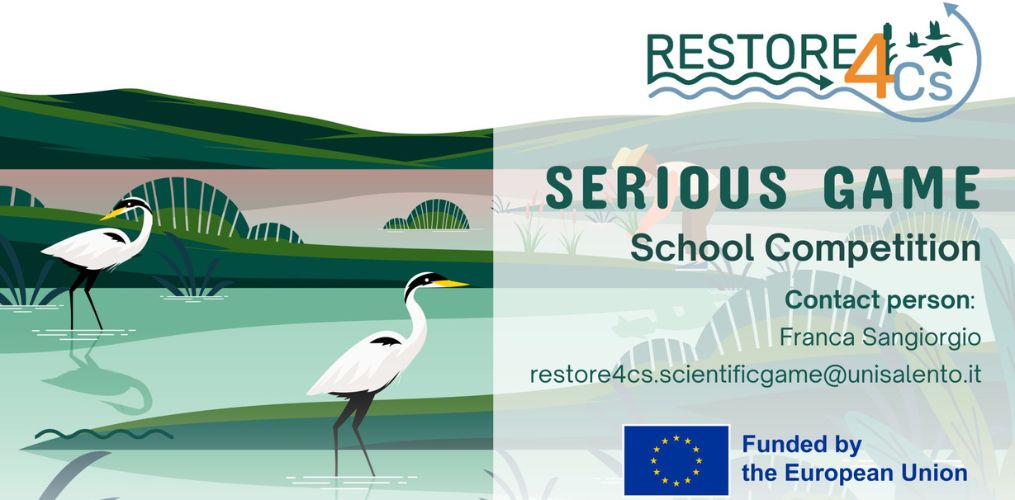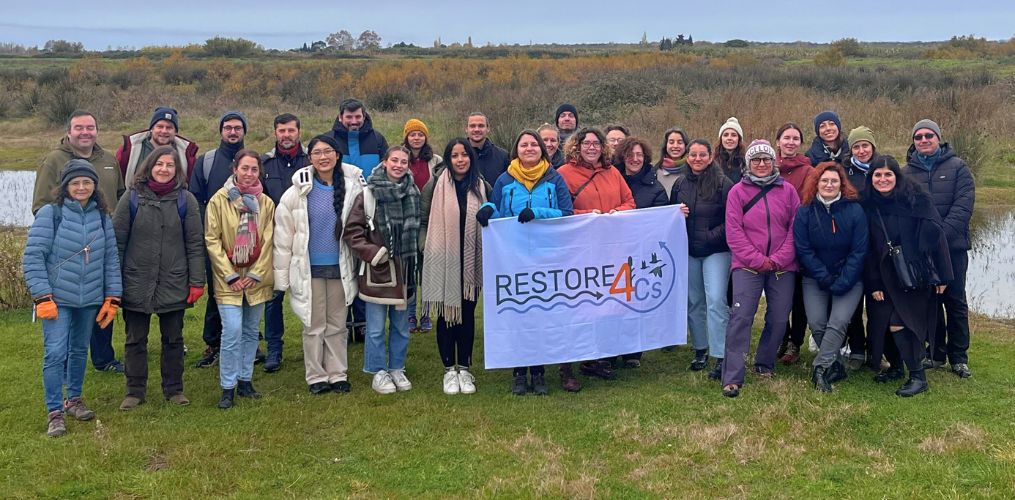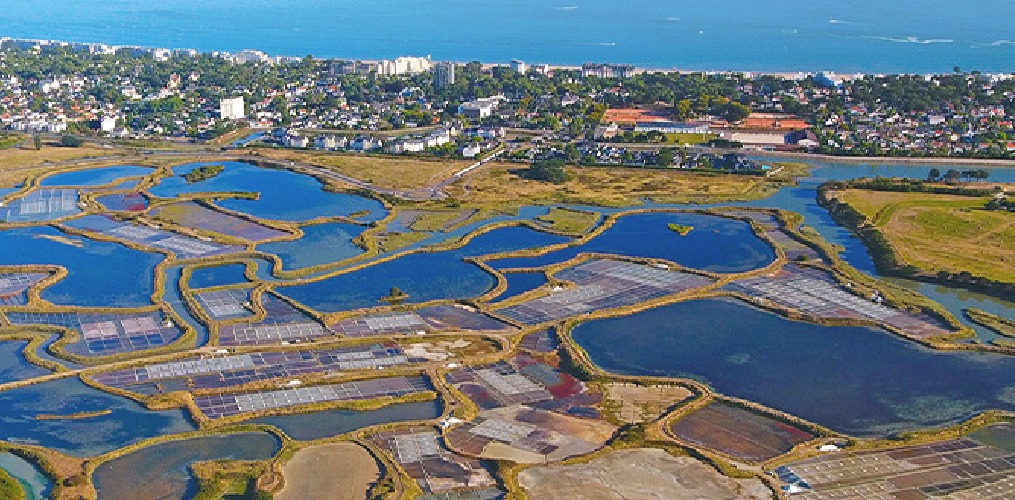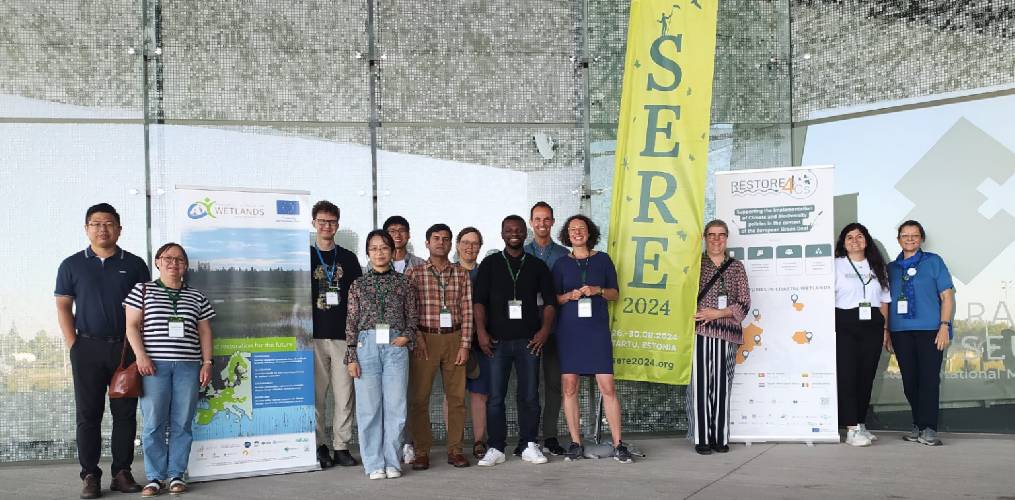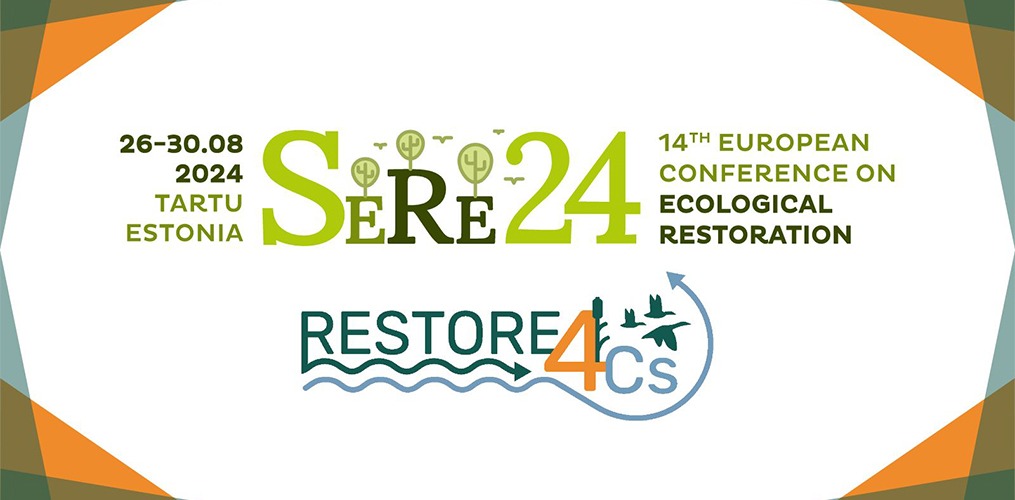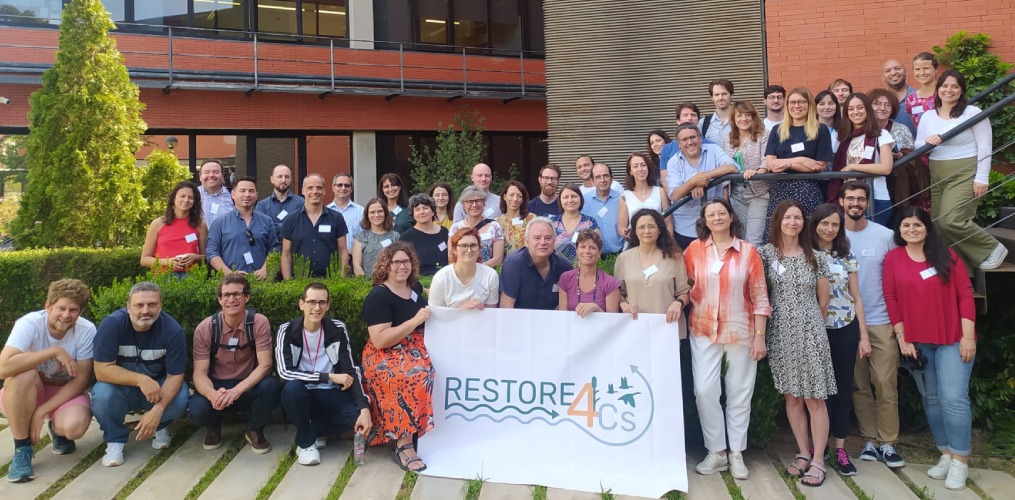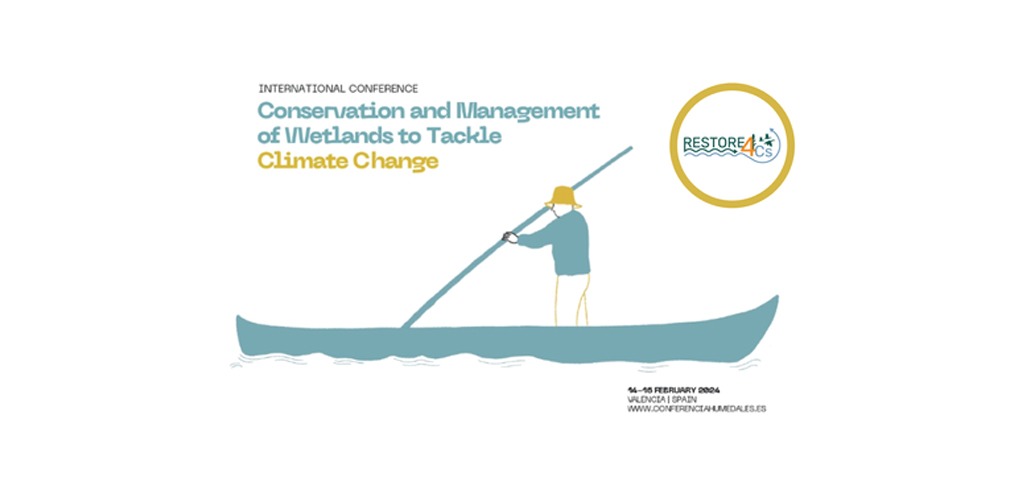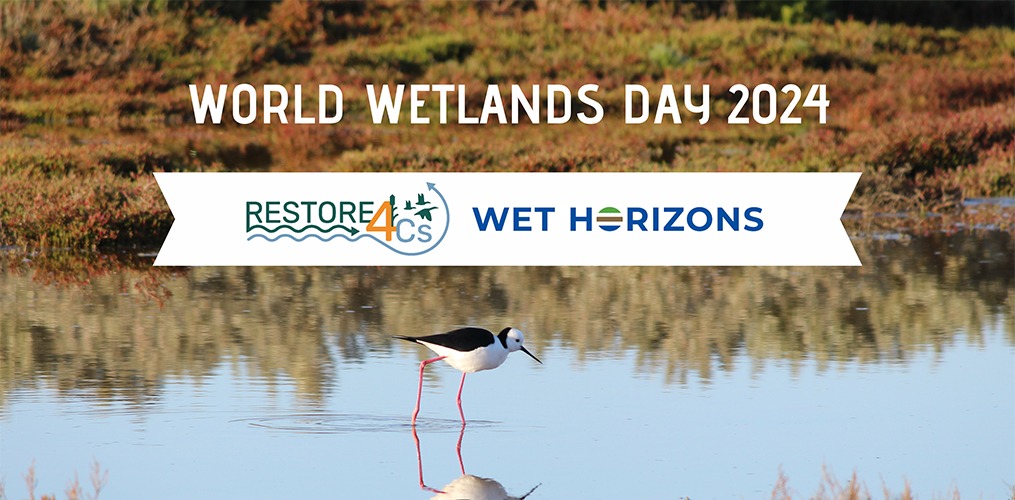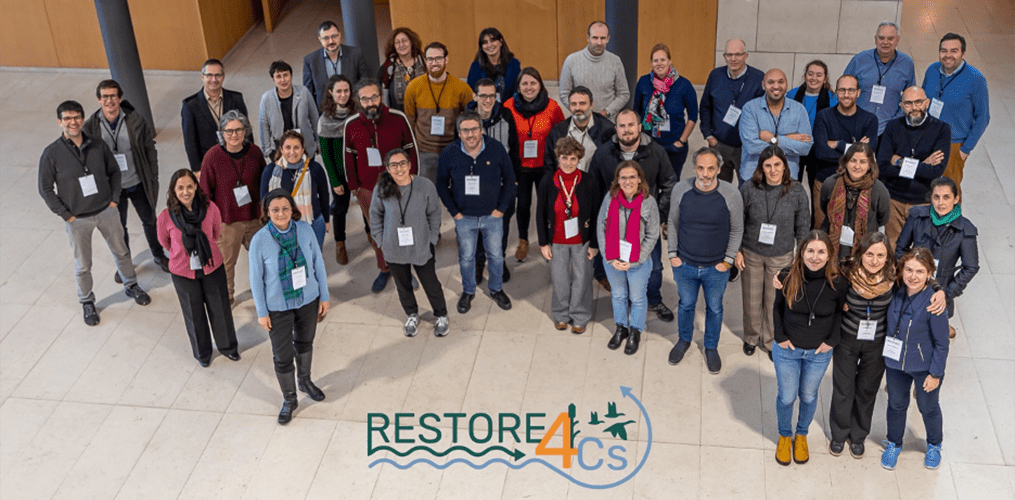Coastal Wetlands are broadly defined as “areas of saltwater and freshwater located within coastal zones”1. These areas are among the most crucial ecosystems, playing a key role for climate neutrality, biodiversity protection, zero-pollution, and circular economy.
The project RESTORE4Cs recently launched a Serious Game School Competition: a fun and easy way to make school students learn about this fascinating world.
Acting as natural sponges, coastal wetlands are able to regulate the water cycle and mitigate both floods and droughts. Some particular types can actively sequester and accumulate organic carbon, reducing greenhouse gas emissions. Moreover, they host a range of plant and animal species uniquely adapted to their specific characteristics and soil conditions.
To give you an idea of just how vital they are, here’s an example we recently came across from the US: an initiative called “Wild Mile” (https://wildmile.org/), by the nonprofit organisation Urban Rivers. Volunteers at Urban Rivers are building a floating eco-park on the Chicago River, made up of artificial habitats that actually mimic wetlands, with the objective of restoring the river’s waters to their pre-industrial state. The rapid development of the city and the use of the river’s waters as a channel for industrial shipping in the 18th Century, in fact, had left the river floor in conditions of extreme pollution.
In Europe, coastal wetlands are disappearing at a fast rate (here’s some data collected by RESTORE4Cs in occasion of the World Wetlands Day: https://www.restore4cs.eu/world-wetlands-day-2024/). But let’s focus on the positives! Some of our original wetlands are still holding on and fighting to survive: it is vital that we do everything in our power to protect them.
A lot of effort is already being dedicated to research and policy investments: a good indicator that the scientific and policy communities are becoming increasingly aware of the issue. Another crucial front in the fight to protect these ecosystems is education.
That’s where the Serious Game School Competition comes in. Taking place in mid-April 2025, this engaging initiative invites students aged 12 and older from across Europe to explore the essential ecological functions of wetlands, their role in biodiversity and how they contribute to climate resilience, all through a fun, interactive gaming experience.
Schools and teachers interested in participating can find all details and registration information on the RESTORE4Cs website: https://www.restore4cs.eu/restore4cs-school-competition/.
If you’re a teacher, or know one who might be interested, don’t miss this opportunity to introduce future researchers to these vital concepts!
- Source: RESTORE4Cs 1st Policy Brief: https://www.restore4cs.eu/wp-content/uploads/2024/09/Policy-Brief_web.pdf ↩︎
